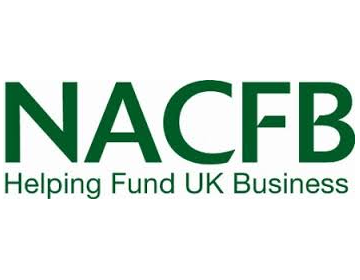Plans to ban cold calls for financial products are the subject of a consultation marking the next step in delivering the government’s Fraud Strategy.
The consultation, going on until late September, covers proposals to ban cold calls offering any financial products to clamp down on fraudsters seeking to trick people into buying fake investments.
Once in force, people receiving a cold call offering these types of products will know that it is a scam, and the government hopes fewer people will become victims.
Fraudulent investment schemes represent a significant threat to the UK economy, consumers, and society, with victims losing £750m between 2022-23, according to data from the City of London Police.
A specialist team which provides support to victims of fraud, known as the National Economic Crime Victim Care Unit, has also been rolled out to all 43 police forces across England and Wales since the Fraud Strategy was announced.
Part funded by the Home Office, the service has existed as part of City of London Police since 2015, and is estimated to have stopped more than £2.8m being lost to fraud.
Last year its teams supported more than 113,000 victims and its rollout to all police forces will ensure more people receive the help and support they need.
Security Minister Tom Tugendhat says:
“Fighting fraud is at the heart of our campaign to fight crime. The National Economic Crime Victim Care Unit and the cold calling consultation are delivering on our pioneering Fraud Strategy.
“Fraud doesn’t just lead to financial loss, it can destroy confidence and lead to severe stress. That’s why it’s so important that victims get the best possible care and support.
“The cold calling consultation is an important step forward in our efforts to block fraud at source. It will have a major impact once it is in force.”
The Financial Services and Markets Act, which received Royal Assent on June 29, enables the Payment Systems Regulator to require payment service providers to reimburse a customer if they become a victim of authorised push payment fraud.
These are frauds where the victim has been deceived into sending a payment from their bank account to a fraudster. This change will provide greater protection for victims of these frauds.
Improved support to block fraud and protect victims will also be achieved through the Online Advertising Programme which will deliver tougher measures to tackle harms caused by illegal advertising online, including fraud.
The Economic Crime and Corporate Transparency Bill is also anticipated to receive Royal Assent later this year.
Once in force, it will reform corporate law by creating a new criminal offence, called failure to prevent fraud, which places an onus on all large companies to actively prevent fraud being committed by their staff.
If a member of staff commits fraud, for the benefit of their employer, their employer will be held criminally liable unless they are able to prove they had implemented reasonable measures to deter such offending. The government will publish guidance on these measures in due course.























Join the conversation
Be the first to comment (please use the comment box below)
Please login to comment